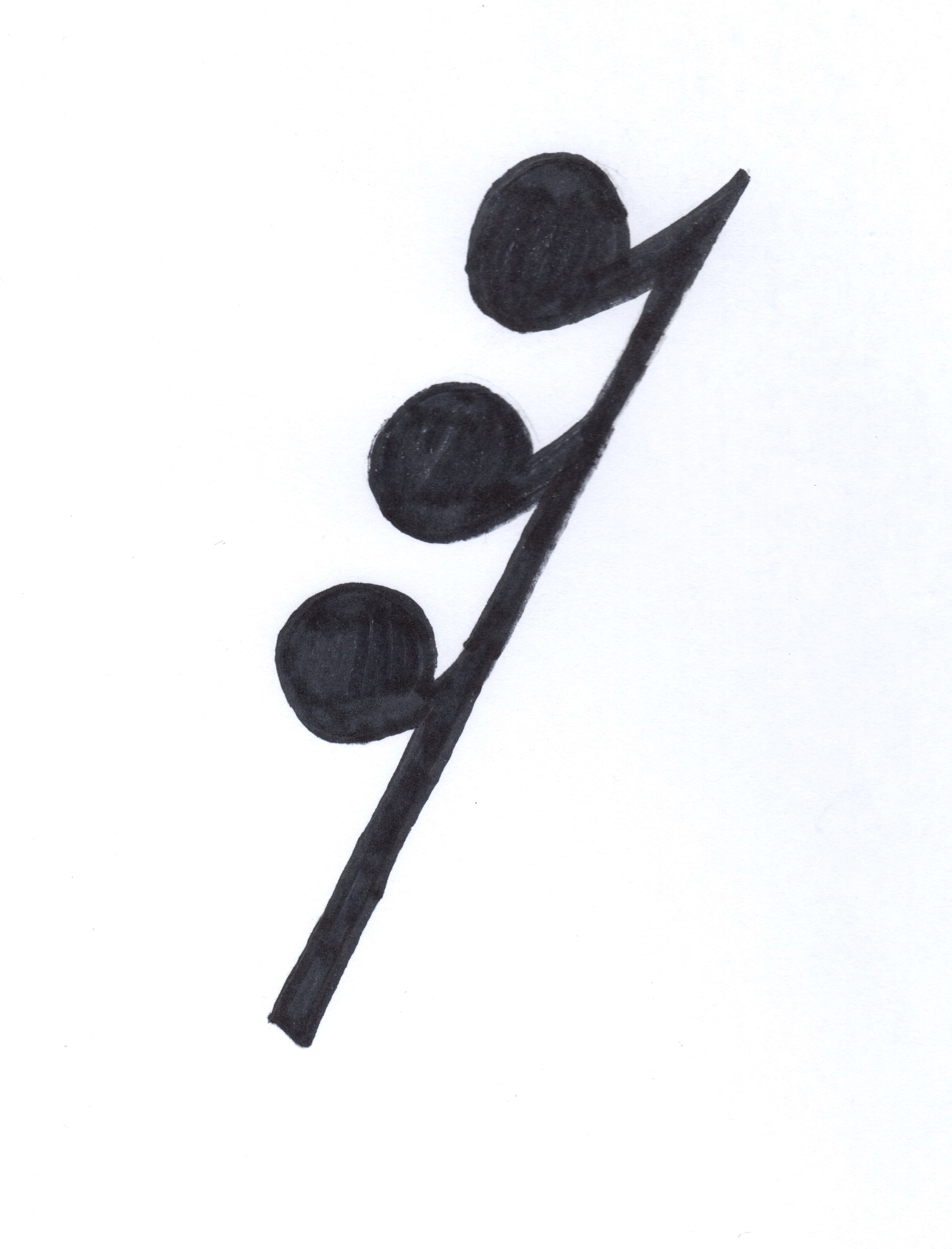Rest. A big cup of tea and couple of dunky biscuits. A thirty second pause on the way up the hill. A rock-climber taking a few moments to straighten out cramped fingers. A glorious month between the football ending and the football starting again. A day of not working after six days of working. A promise from Jesus for those people who will ‘come to him’.
Sat on its own, rest (like most words) is tricky to pin down. Are we resting on something or from something? Do we only get to do this as a one-off, when everything else is done? Given all that, it is not surprising our first question when we hear Holy Biscuit is having a period of rest is: what sort of rest are we talking about?
As writer in residence during PROCESS I get to ask the Holy Biscuit team all manner of questions. An early, cheeky one, was ‘does this feel restful?’ After the wry smiles the answers tended to be ‘no’, or ‘not yet’. That was largely because even though PROCESS has suspended much of the normal activity of planning and running a gallery programme, the time that would have taken up is being filled with the thinking required to address the big questions PROCESS raises.
Part of PROCESS is about examining and clarifying what Holy Biscuit should be doing and who it is for, but many of the questions are about the how, specifically how its work can be sustainable, how it can – through the very way it does those things – speak to those around it.
So if the Holy Biscuit team are still busy, how can they be said to be resting? There are, I think, two answers to that question. The first, which brings relief to the team, is that things will calm down as PROCESS proceeds. The second answer requires a different picture of rest.
A few months ago I saw Handel’s Messiah at The Sage. Augmenting the usual orchestral instruments were three or for baroque trumpets, which are valveless and less convoluted than modern trumpets. I listened and watched with delight as the trumpet players blew wonderfully and frantically through ‘The Trumpet Shall Sound’.
And then they stopped, because blowing a baroque trumpet is only possible in short bursts. They sat back, breathed, adjusted their instruments, drained the inevitable spittle out of them. Then they were back in, adding their precise, uplifting brilliance to the piece.
What had they been doing between blowings? Resting.
Not a slumped, TV rest, but an engaged rest. A rest that is an essential part of the performance for them. A rest which is even marked in the score.
That, I believe, is the right picture of rest to bring to PROCESS: an intentional pause that does not ignore or deny the usual activities, but is a strategy that will enable those and other things to resume in ways that meet their own, and deeper purposes.




